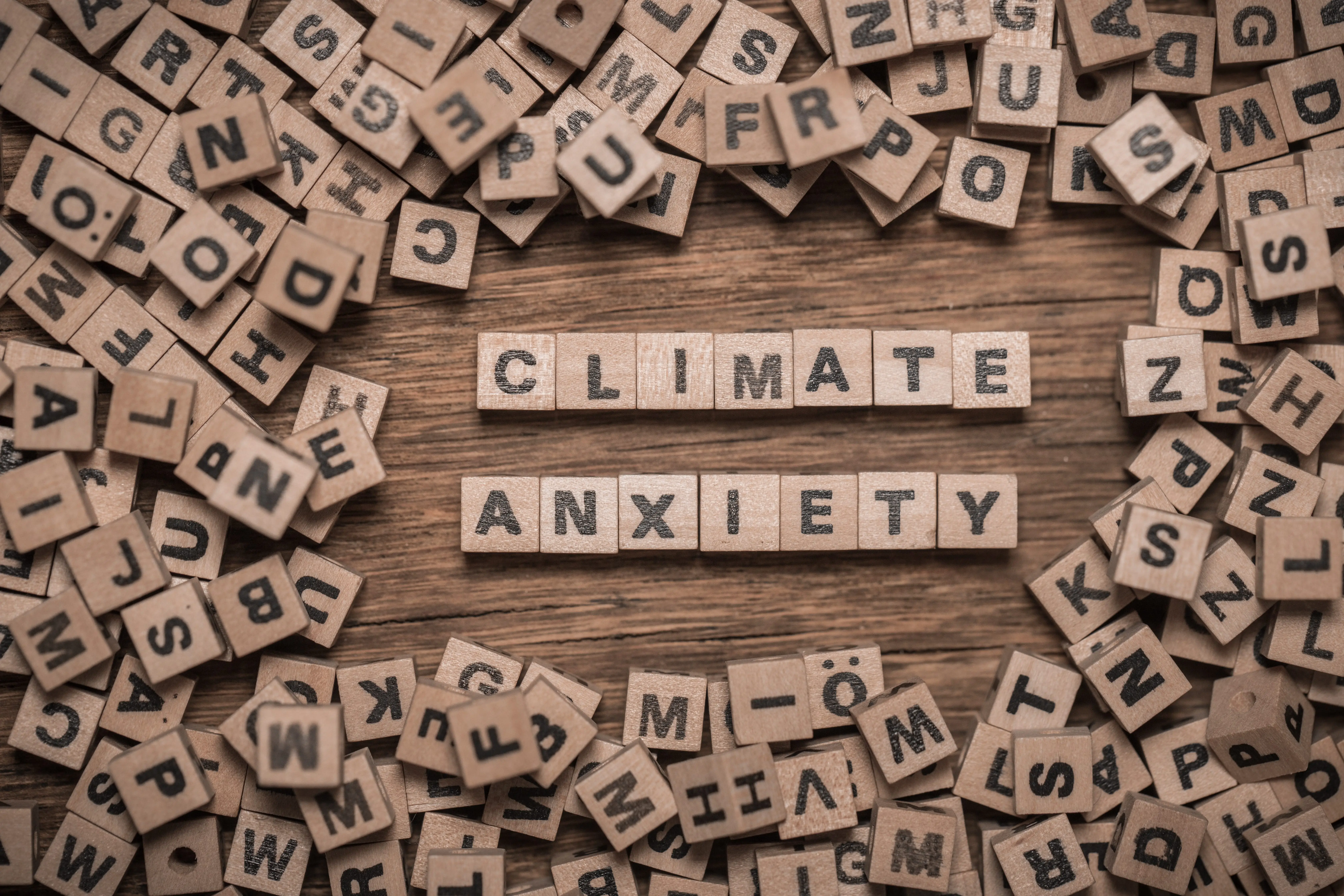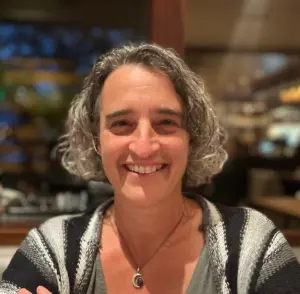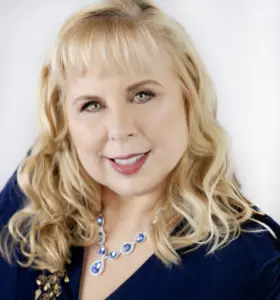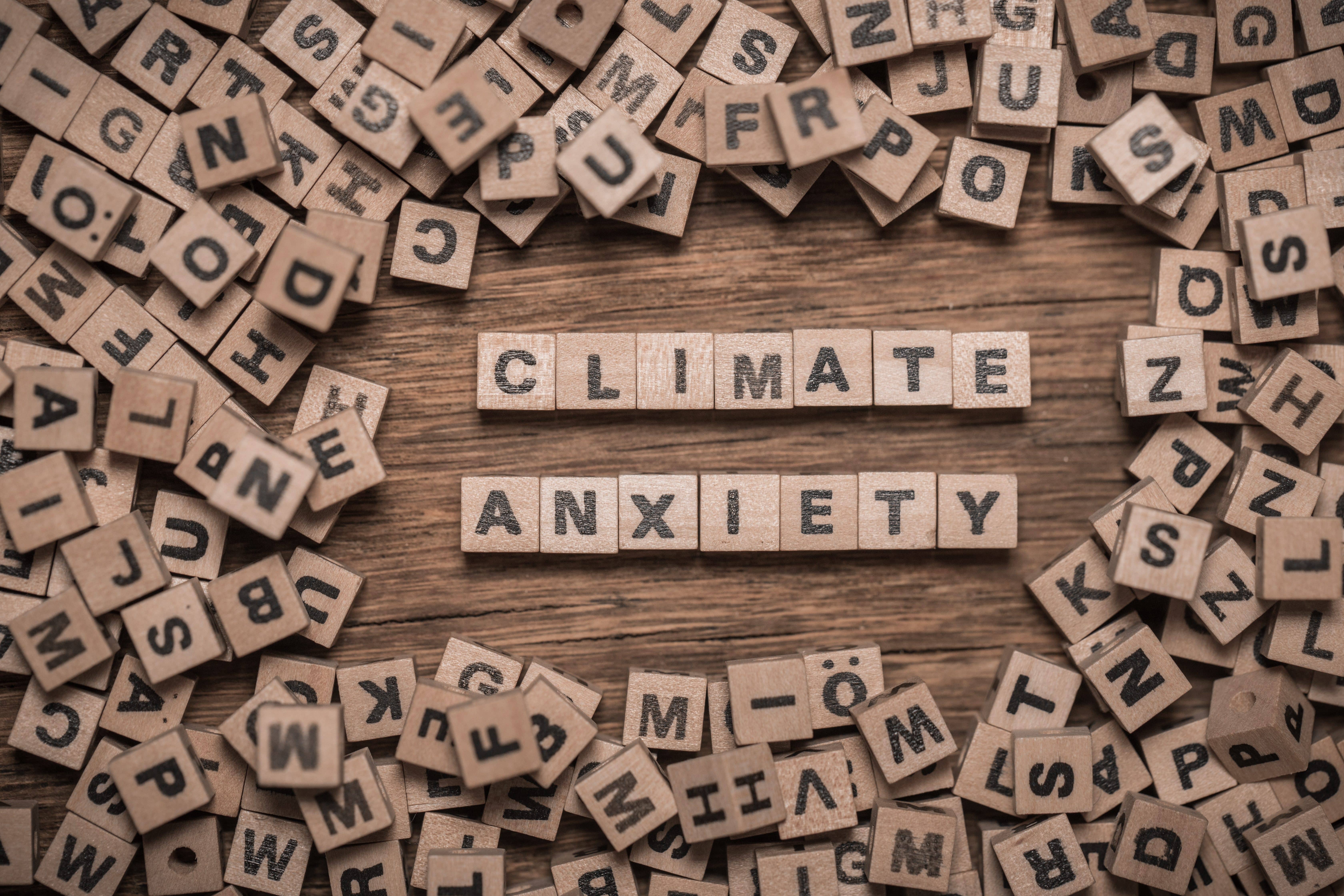
Jennifer Silverstein had a thriving therapy business helping at-risk foster children recover from trauma when she and her family were forced to flee their home in the 2017 Tubbs Fire, at the time the most destructive wildfire in California history.
Thankfully, her Windsor house was spared, but in the aftermath Silverstein started getting calls from non-foster home parents also impacted by the fire—which destroyed more than 5,600 structures and killed 22 people—desperate to help their traumatized children make sense of what happened.
It was transformative for her.
“I thought it was going to be a temporary shift in my clientele, but it didn’t really go away for years because we had other fires and we had a lot of smoke, and all of those would provoke those trauma symptoms again,” she says. “At that time, I noticed a lot of my colleagues and I began having big wait lists. We had no space. Over the years, it’s not gotten better, it’s gotten worse.”
She is among the growing numbers of mental health counselors in the North Bay and across the country who are specializing in what’s called climate psychology, which looks at the psychological impacts of climate change.

As Silverstein and other climate psychologists in North Bay observe, the need is growing.
According to a 2023 study of 382 licensed mental health care providers in the United States, 46% shared that they don’t think they are well-equipped to help their clients deal with the psychological distress created by climate change.
“We don’t have enough people trained. The need is far outpacing the availability of providers,” says Silverstein.
That shortage is coming at a time when climate-fueled disasters are already much worse than scientists had predicted, according to a 2023 report by the United Nations’ Intergovernmental Panel on Climate Change.
“Climate disasters are happening more quickly, they’re happening more intensely, they’re impacting more lives for longer periods of time and a lot of people will be evacuated from one fire and then the next season be evacuated from another and then lose their house. So, there’s an ongoing-ness to it,” says Emily Swanson, a Woodacre-based eco- and climate psychologist.
It’s still too common that those seeking help may end up seeing a therapist who may not be skilled enough in how experiencing a climate-fueled disaster impacts a person, which can be really damaging, says Leslie Davenport, one of the founders of Marin General’s Institute of Health and Healing and a climate psychology consultant with offices in Marin and Tacoma, Washington. “Clients have told me that they feel sort of gaslit. They get diagnosed with general anxiety and … so they feel more isolated, more distressed, less validated than when they went into therapy.”
People can develop post-traumatic stress disorder (PTSD) or depression from numerous experiences, but the PTSD or depression brought on by a climate-fueled natural disaster “has a different feel,” says Swanson, the Northern California state coordinator for the Climate Psychology Alliance of North America (CPANA), a nonprofit that educates and trains mental health professionals in climate-aware practices in the U.S. and Canada and that has seen a huge jump in membership in recent years.
“There can be a quality of impersonalness to it. There often isn’t a relational component to it. But the impacts to the psyche can be very, very similar,” Swanson says. “One of the things that can be really hard, like coming out of a disaster of the fires in L.A., people are in shock and they’re in shock a long time, but you need to call your insurance company at a moment that every single psychologist would be telling you not to make a big life decision. So, we’re in this place where our systems are not meeting the mental health need of our people when these things happen.”
Psychological first aid
Swanson says she, too, doesn’t feel fully equipped to help her clients. It wasn’t in her training, which is why she is taking lots of trauma courses now to “skill up.”
“Working with people after a natural disaster is a very specific kind of work. It’s psychological first aid and that is a different orientation than most therapists including myself ever got in grad school, ever were trained in. You’re not wanting to look at anyone’s childhood,” Swanson says. “It’s critical that clinicians especially in places like California, where we know this is going to be happening a lot, get these skills.”
Swanson isn’t the only one to “skill up.” More mental health practitioners are getting trained in climate-related trauma, says Mary Good, an ecopsychologist based in Sebastopol.
“When I decided to go into ecopsychology, when I would talk about eco-anxiety, I would just get blank stares or confused looks. Now it’s not quite a household term, but it’s not really very foreign. You have more therapists who are at least informed. It used to be if you went into a therapist’s office and said, ‘I’m really disturbed about what’s happening to the natural environment, you might have a therapist who’d say, ‘Oh well, but really, how do you feel about your mother?’” she says with a laugh.
Santa Rosa’s Laura Strom is a Stanford University-trained trauma therapist who worked with people who experienced the 2018 Camp Fire, which devastated the town of Paradise. “Those people were absolutely terrified that they were going to lose their lives. Some of the things they saw were just horrific” as residents tried to escape one of the two routes out of town that were surrounded by fire and couldn’t quite see what they were driving toward, Strom says. “People were crying and screaming hysterically in their cars. They were so traumatized by that.”

Like Swanson, Strom believes it’s essential that mental health practitioners prepare as best they can to meet their clients’ needs dealing with our changing climate. “Every therapist needs to be trained in some trauma treatment. They need to know techniques to help with PTSD,” she says.
Good wanted to incorporate ecopsychology in her practice, thinking she’d be helping her clients reconnect with the natural world. But then the Tubbs and Nuns fires happened and Good got trained in psychological recovery and joined local therapists to offer free counseling to survivors and others in the community.
“These experiences tend to be a bit disenfranchised. I think people can have empathy for losing a home, but what if your home was saved but the land around you was absolutely destroyed? You try to talk with your friends or family who maybe didn’t experience it and you try to talk about the deep sorrow you have, and they might not quite understand. And that can really compound a feeling of isolation. They don’t even know if what they’re experiencing is valid,” Good says.
And that, Good says, can keep people from getting the help they need. “It’s not all about, ‘Oh you’ll be able to rebuild’ or, ‘Time heals all wounds.’ I don’t think it occurs to them that, ‘Oh, this is actually a legitimate psychological process, and I can be supported in it,’” Good says.
And if adults can feel supported, then they can support others, whether their community or their own family.
“If the whole family goes through a disaster that leaves a child with trauma symptoms, chances are the parents are also experiencing their own symptoms from that. So, it’s helping the adults help themselves, or get their own support. It’s so hard to meet the needs of a child when we’re still going through all of our own emotional processing,” says Silverstein, who is a member of the CPANA executive committee.
And, she says, therapists who may have lost their own homes in a natural disaster or had to evacuate have had to heal themselves while also working to help their clients and entire community heal, which is also not something taught in their training. “How do you provide therapy to someone when you’re in the middle of the same crisis they’re in?” she asks. There are more resources now to address that.
Davenport integrated climate psychology into her practice about 15 years into her 30-year therapy practice.
“It came to me one day that we are facing such an extreme and important reality with this warming world, and it really wasn’t being talked about then, especially the mental health part. So, when I had my climate awakening, I thought, how can I get involved. I made a decision to pivot my personal and professional life fully in that direction,” says Davenport.
Her awakening led her to write her first book, Emotional Resiliency in the Era of Climate Change, a guide for mental health clinicians, in 2017.
A call for training
“Even now, there is no requirement in any licensure track for therapists or mental health professionals in what to do with climate-triggered distress,” she says.
That’s problematic, she observes.

The training also helps climate psychologists find community and support as well as a space to consider how to offer people help outside of a traditional therapist office setting.
“Not everybody has the funds, the availability, the inclination to do one-on-one therapy so how can we take these tools and make them much more widely available,” Davenport says. “There are discussions about how can we, as therapists, either train community groups, community leaders, faith leaders, civic leaders or branch out beyond out 50-minute sessions behind closed doors to really meet this rising demand and how does it change the professional ethics of even things like confidentiality.”
That’s what drove Silverstein to stop her private practice after the Tubbs Fire and instead become a mental health consultant helping train others who work with children to understand the impacts of trauma and to help build resilient communities.
People react differently to a natural disaster based on their own histories as well as societal influences. “A climate disaster will happen, and people will be in all sorts of wellness or not. The more that’s already in one’s system, of PTSD, the more susceptible they’re going to be,” Swanson says. “It depends on the person, where they are going into it, what kind of life experiences they’ve had, what kind of community supports they have. This is really impacted by issues of race, of class, of gender” and for some, fears of being deported if they seek help.

The repeated fires in Sonoma County since Tubbs, from 2017’s Nuns and Pocket fires to 2019’s Kincade Fire, and fires in surrounding counties overwhelmed the North Bay with smoke, which, Silverstein says, was a constant reminder of devastation beyond the initial trauma.
“You couldn’t move on. Even the people who don’t have PTSD or wouldn’t have had PTSD diagnoses, but we all have these embodied responses,” she says. “Personally, I still get reactive every time the wind blows on a hot day. In those years when it was constant in front of us, our bodies couldn’t start to recover from that. We couldn’t get out of that hypervigilant state because it just kept happening over and over again.”
Davenport acknowledges that the new Trump administration, which has flagged terms like “climate crisis,” “climate science,” “mental health” and “traumatic” as “woke” words to limit or avoid in government websites and communications, grant proposals and contracts is concerning. So, climate psychologists are discussing what language they might want to use instead when addressing the public and on their websites. “Even not using ‘climate’ but ‘a changing world,’ things that back up a little bit from the really highly charged language,” she says.
Still, she believes one of the best ways to face the inevitable impacts of climate-fueled disasters is to talk about it. “Parents and teachers don’t know how to talk about it, therapists are just learning how to talk about it so that if we bring it out of the shadows and make it OK to …talk about how it’s affecting us, it’s going to free things up to engage a lot more.”




